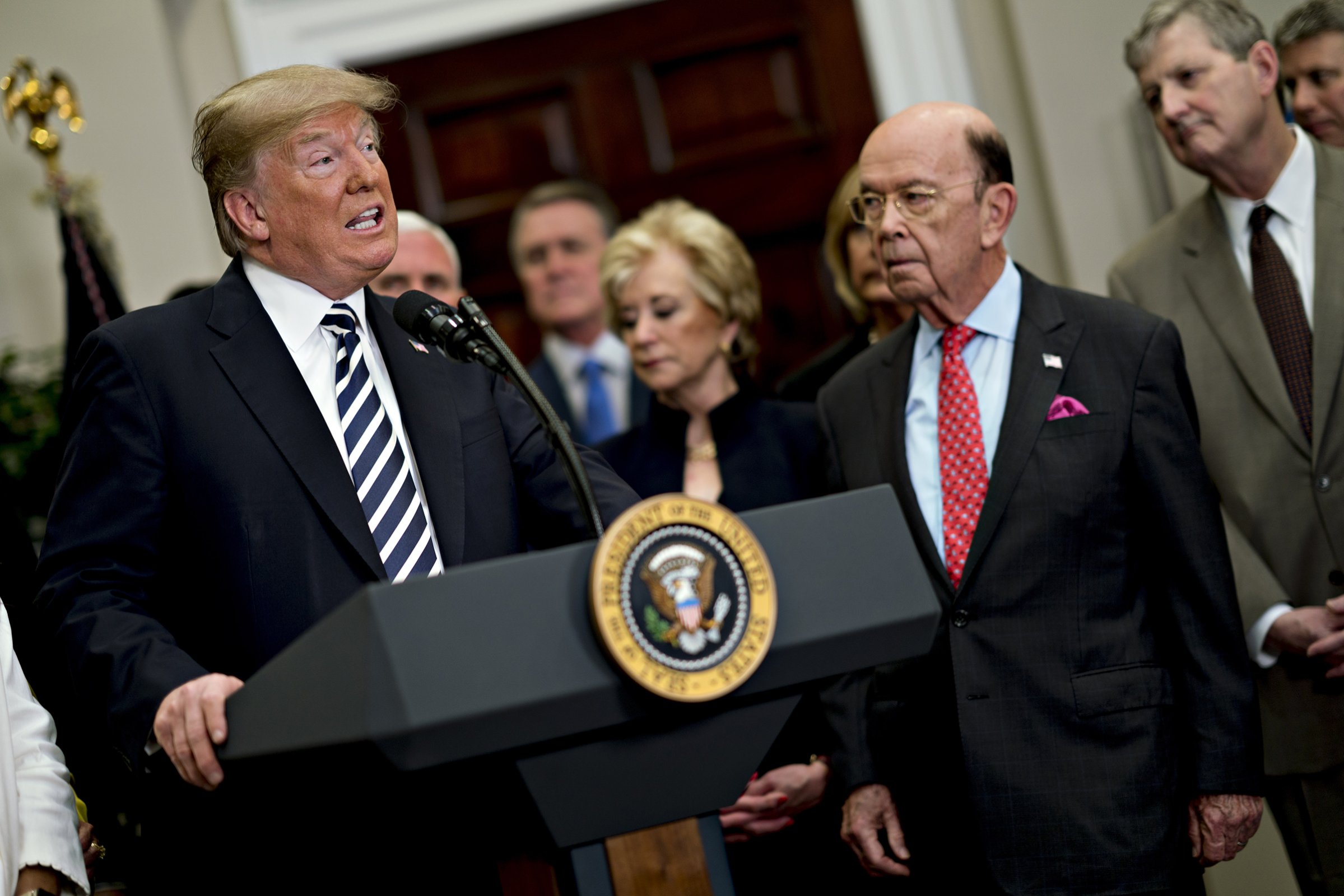
Not so long ago, U.S. leaders predicted that economic development and the birth of a middle class in China would inevitably move that nation toward democracy. Instead, China’s leadership has profited from a weaker West. It has seized on opportunities created by European fragmentation and political dysfunction in Washington to offer China as an alternative model of stability and development.
Another mistake by the U.S.: lawmakers doubted that China would ever become technologically innovative. They believed that, like the Soviet Union, China’s state-dominated economic system would hit a wall when it came to developing new ideas. Instead, China learned from Soviet mistakes. At first, the state allegedly helped Chinese companies steal ideas that couldn’t be developed at home. But now China is investing huge sums in the artificial intelligence, robotics and data-management innovations that will determine tomorrow’s balance of power.
China’s President Xi Jinping declared in October that the nation must become a technological superpower. He has repeatedly emphasized the need to shed dependence on foreign intellectual property. “Indigenous innovation” and technological self-reliance are now core to China’s development strategy. His Made in China 2025 program, backed with huge state subsidies for its tech sector, is central to Xi’s vision.
On May 29, President Trump launched an offensive against that plan. To protect its national security, the White House said in a statement, the U.S. will restrict investment in and control exports of “industrially significant technology.” The Trump Administration proposes to slap 25% tariffs on some $50 billion of Chinese tech imports, including those related to the vaunted Made in China 2025 program. In essence, the battle for the future has been joined.
Trump has been trying to strike a delicate balance in U.S. relations with China, and until now has blown hot and cold on trade. He adopted the tough stance he promised voters while blaming the $375 billion goods trade deficit on former U.S. Presidents rather than on Beijing. Trump would love to have warmer relations with China, just as he would with Russia. Trump has praised Xi just as he’s repeatedly saluted Russia’s Vladimir Putin.
Yet, as with Russia, a variety of actors in Washington have made it tough for Trump to build the China ties he wants. Trump pledged to save ZTE, a large Chinese telecom-equipment maker banned from purchasing U.S. technology for violating sanctions, as an apparent favor to Xi, but was attacked by lawmakers of both parties. Many fear that Trump fails to see the threat that Chinese tech companies like ZTE and Huawei pose to U.S. national security. Meanwhile, some American companies fear that U.S. trade action will make it tougher for them to do business in China. Trump’s own advisers are divided on how to proceed.
Now the voices preaching confrontation with China appear to have won out. Neither side wants a full-blown trade war, but each believes it has a strong negotiating position. Commerce Secretary Wilbur Ross will travel to Beijing for talks on June 2, but it’s hard to see how Trump can claim victory without Chinese concessions on tech issues, and it’s nearly impossible that Xi will offer him anything of value. This is where the risk of real conflict is most dangerous.
More Must-Reads from TIME
- Donald Trump Is TIME's 2024 Person of the Year
- Why We Chose Trump as Person of the Year
- Is Intermittent Fasting Good or Bad for You?
- The 100 Must-Read Books of 2024
- The 20 Best Christmas TV Episodes
- Column: If Optimism Feels Ridiculous Now, Try Hope
- The Future of Climate Action Is Trade Policy
- Merle Bombardieri Is Helping People Make the Baby Decision
Contact us at letters@time.com